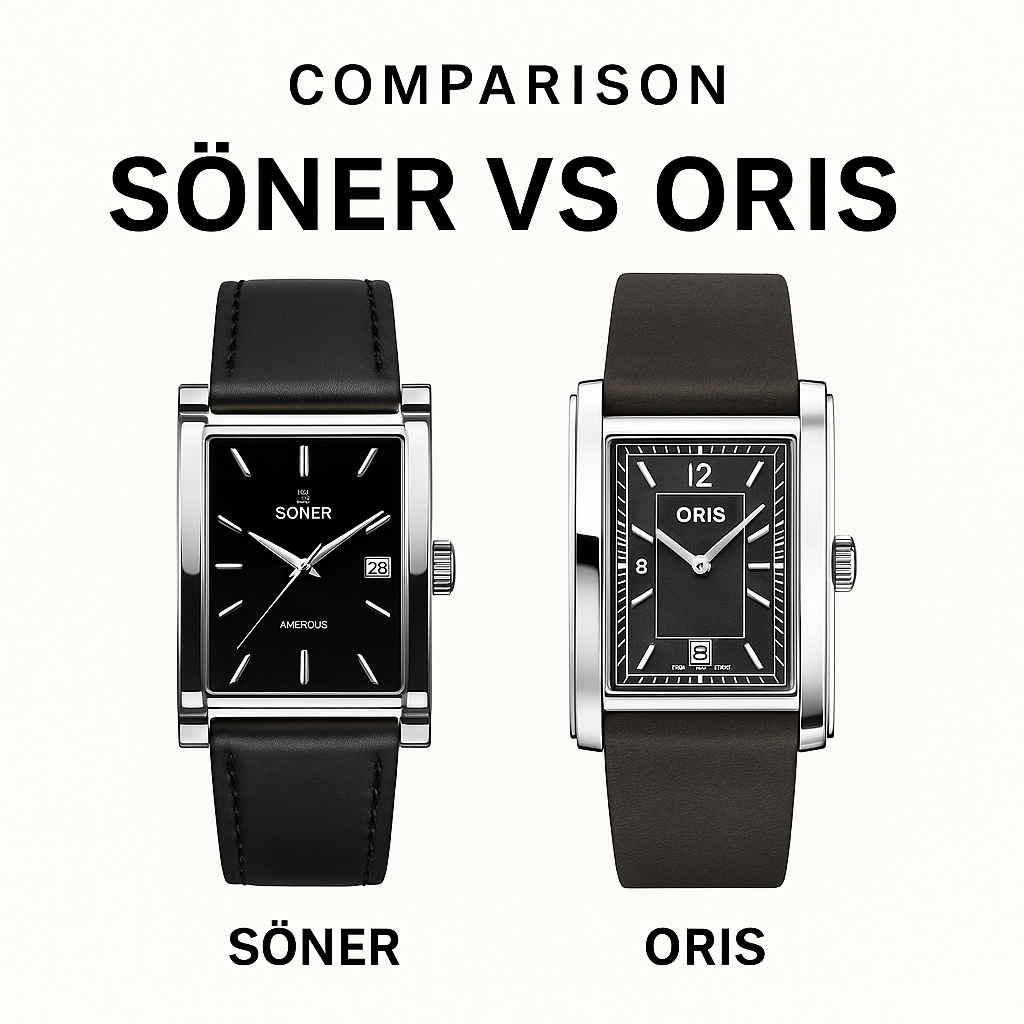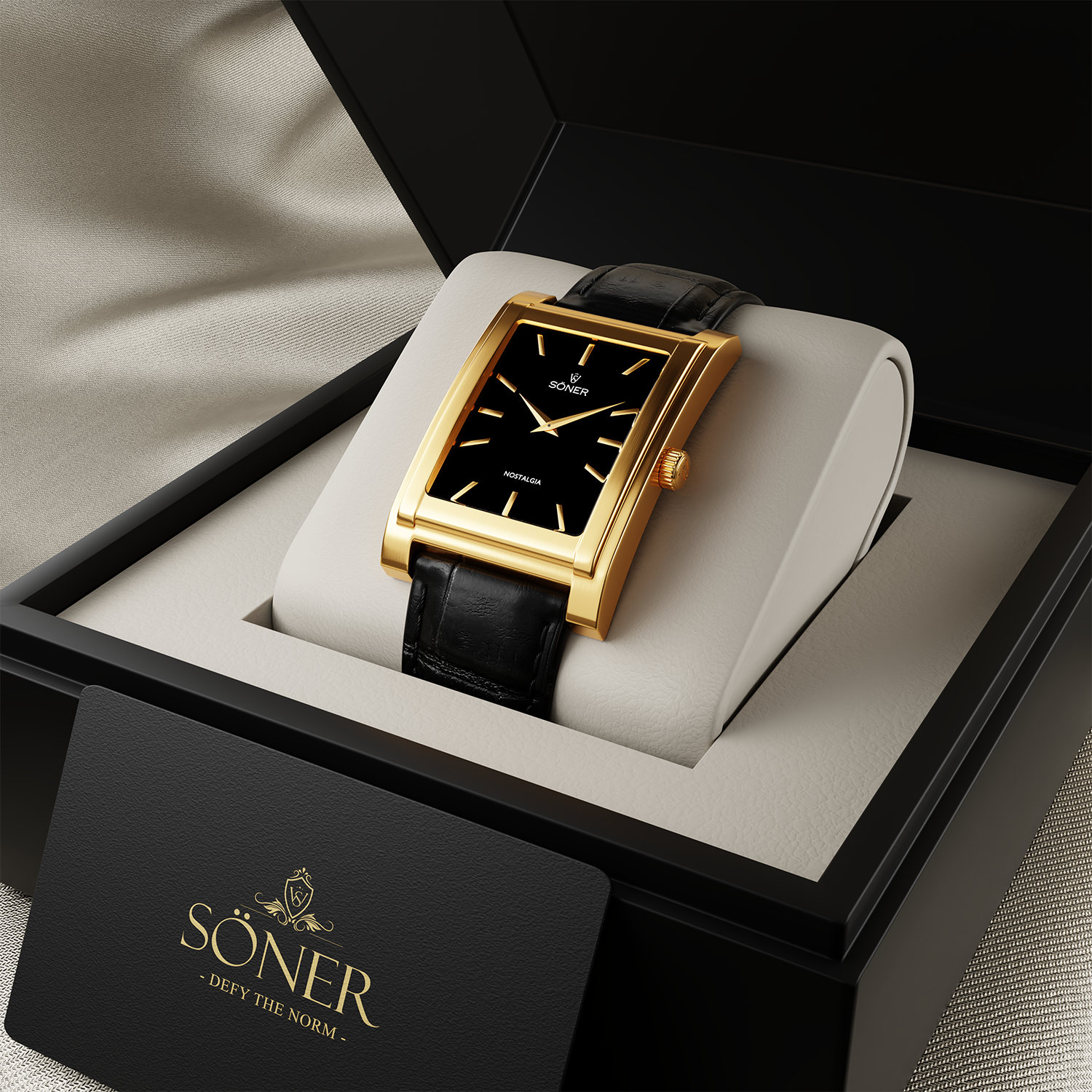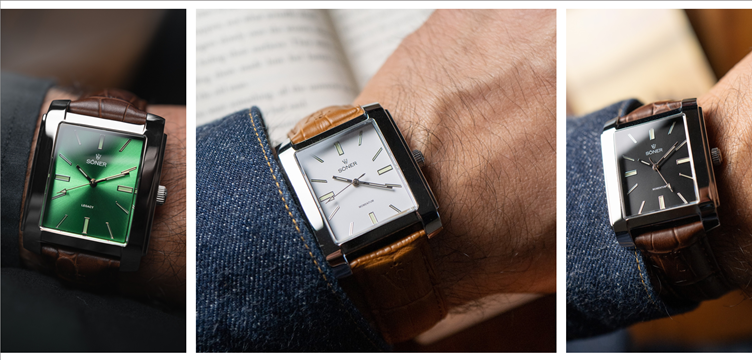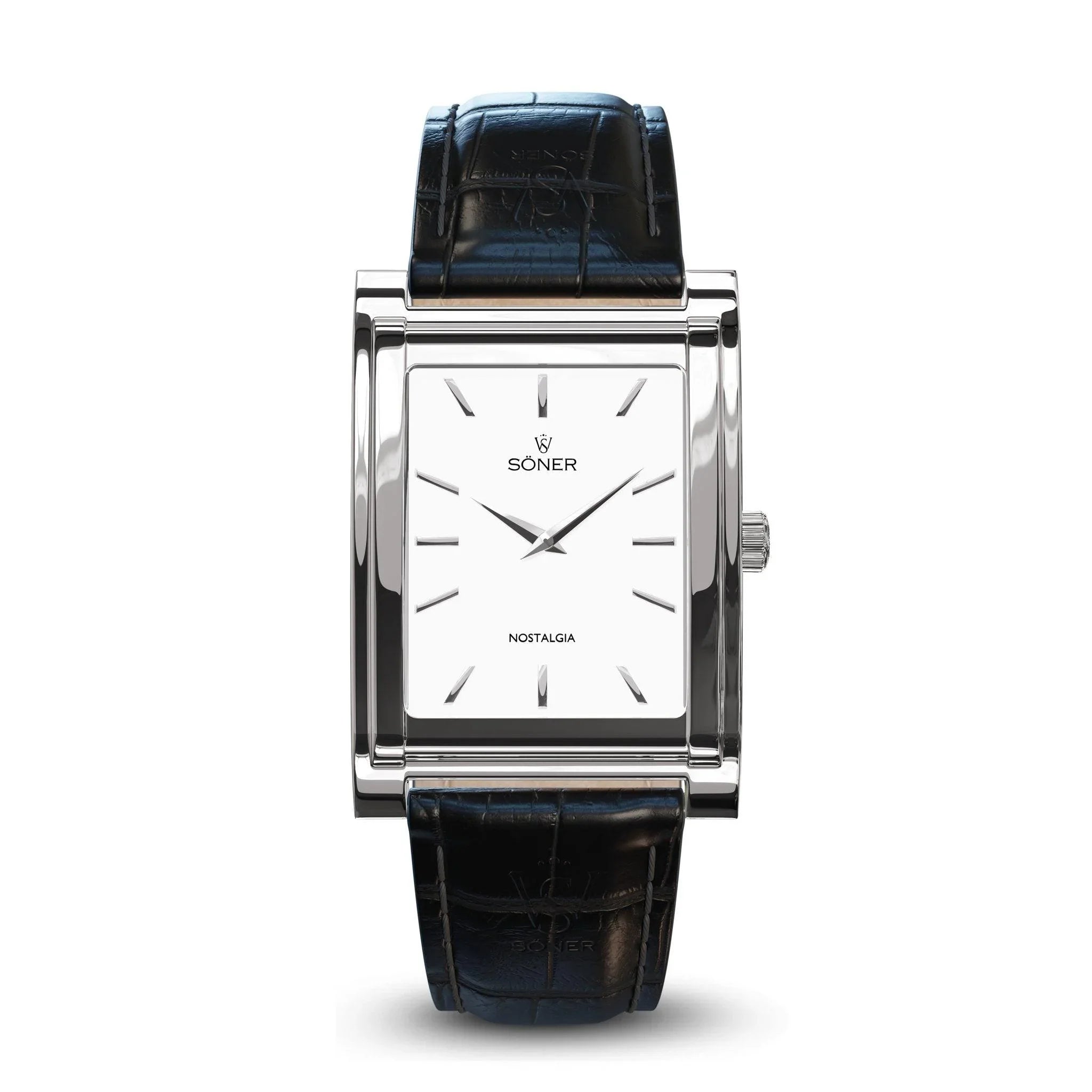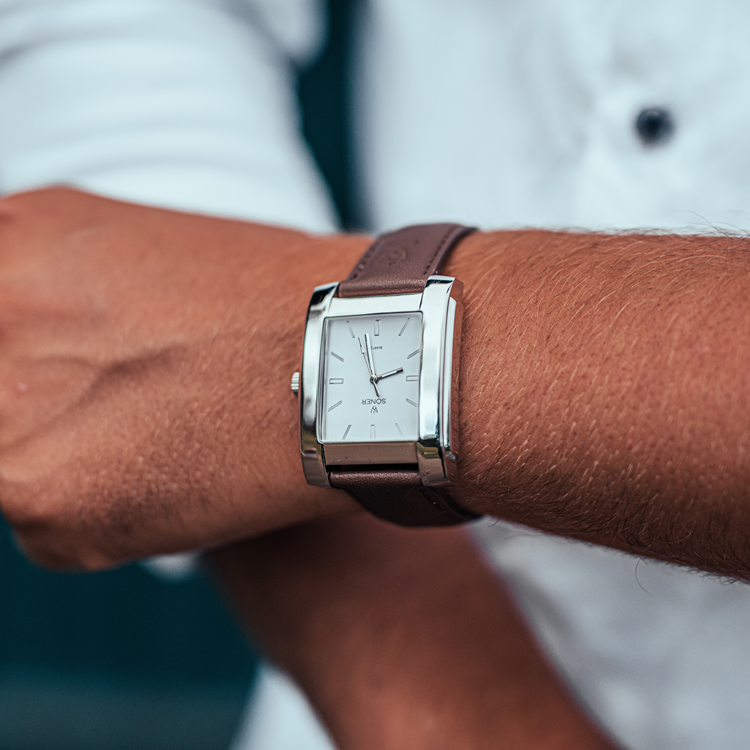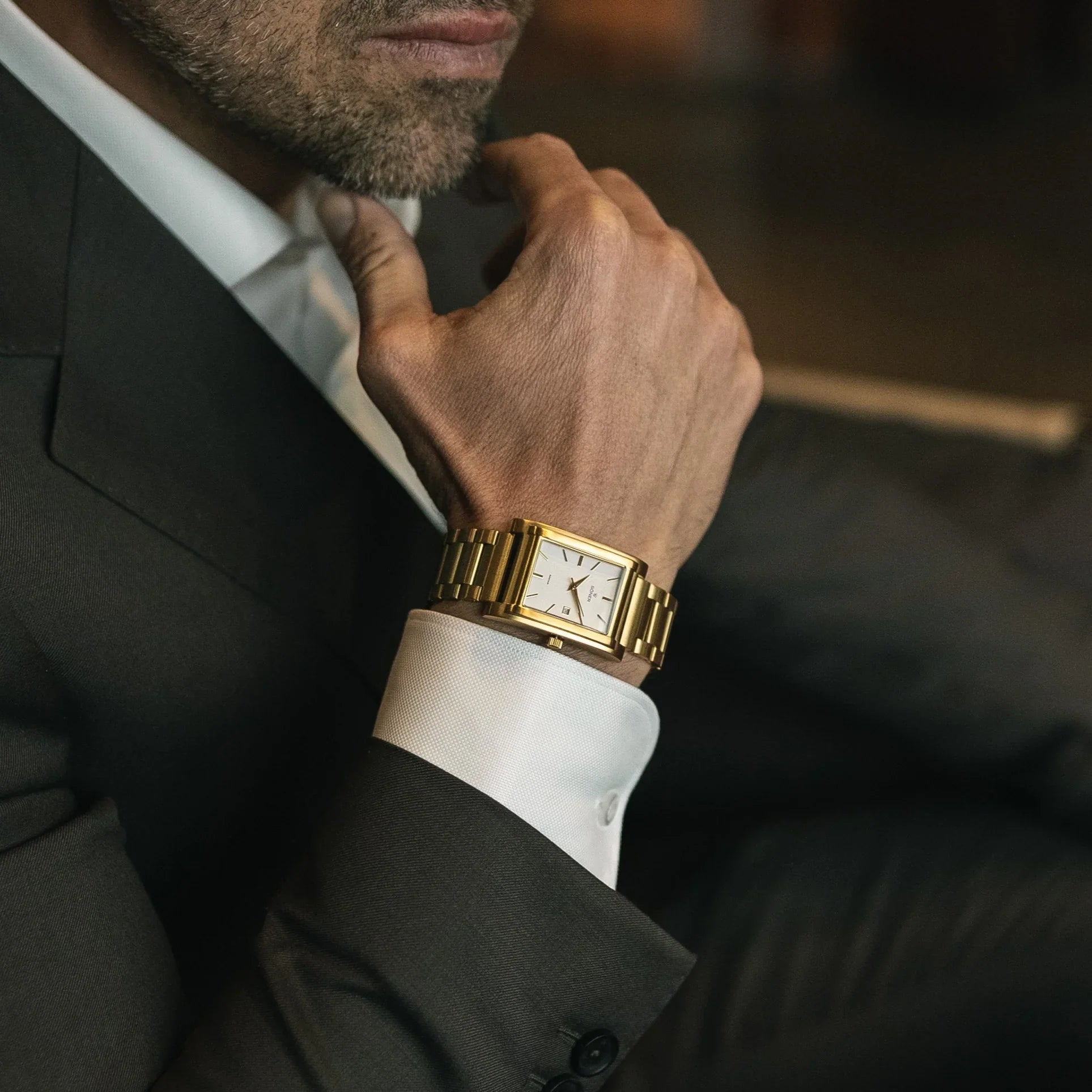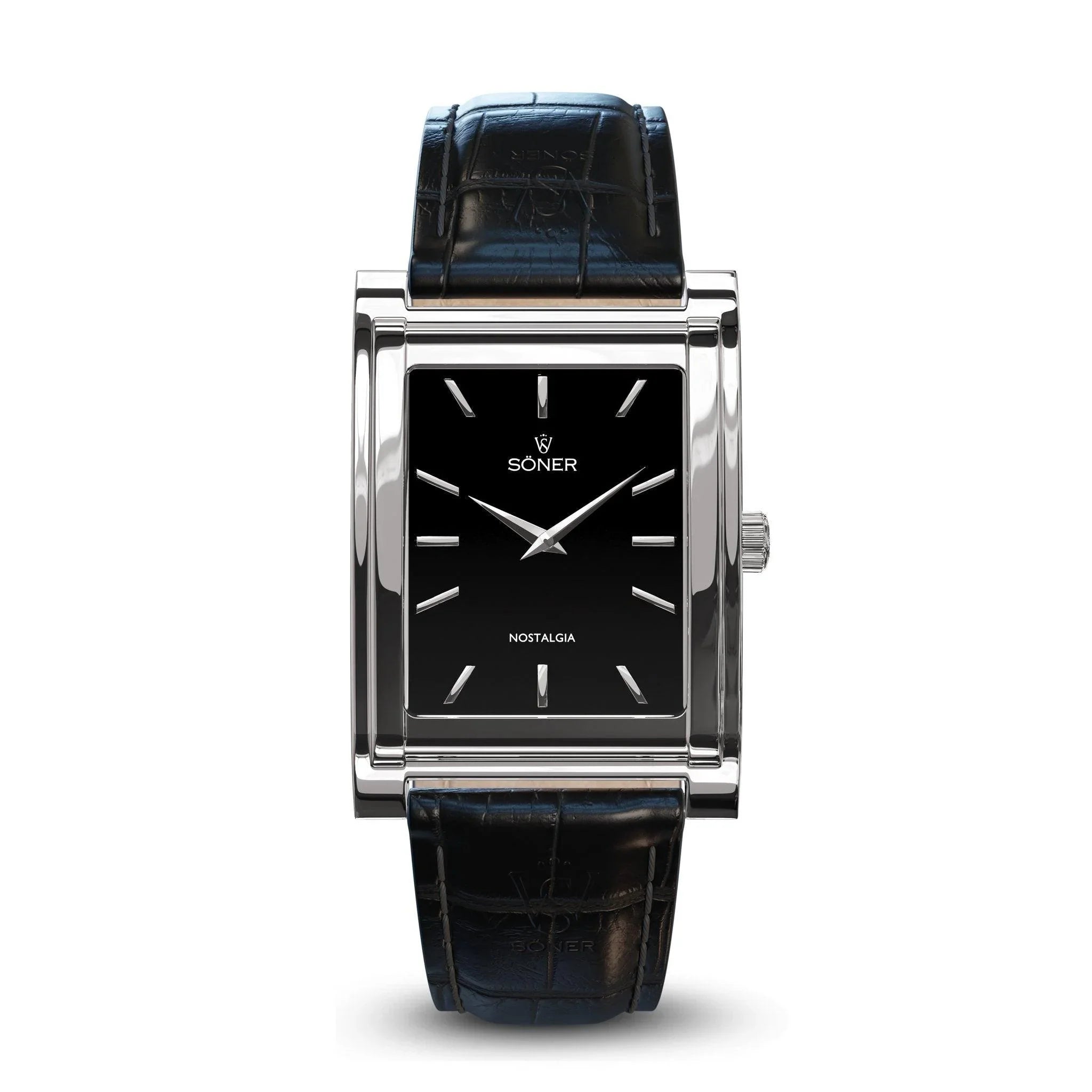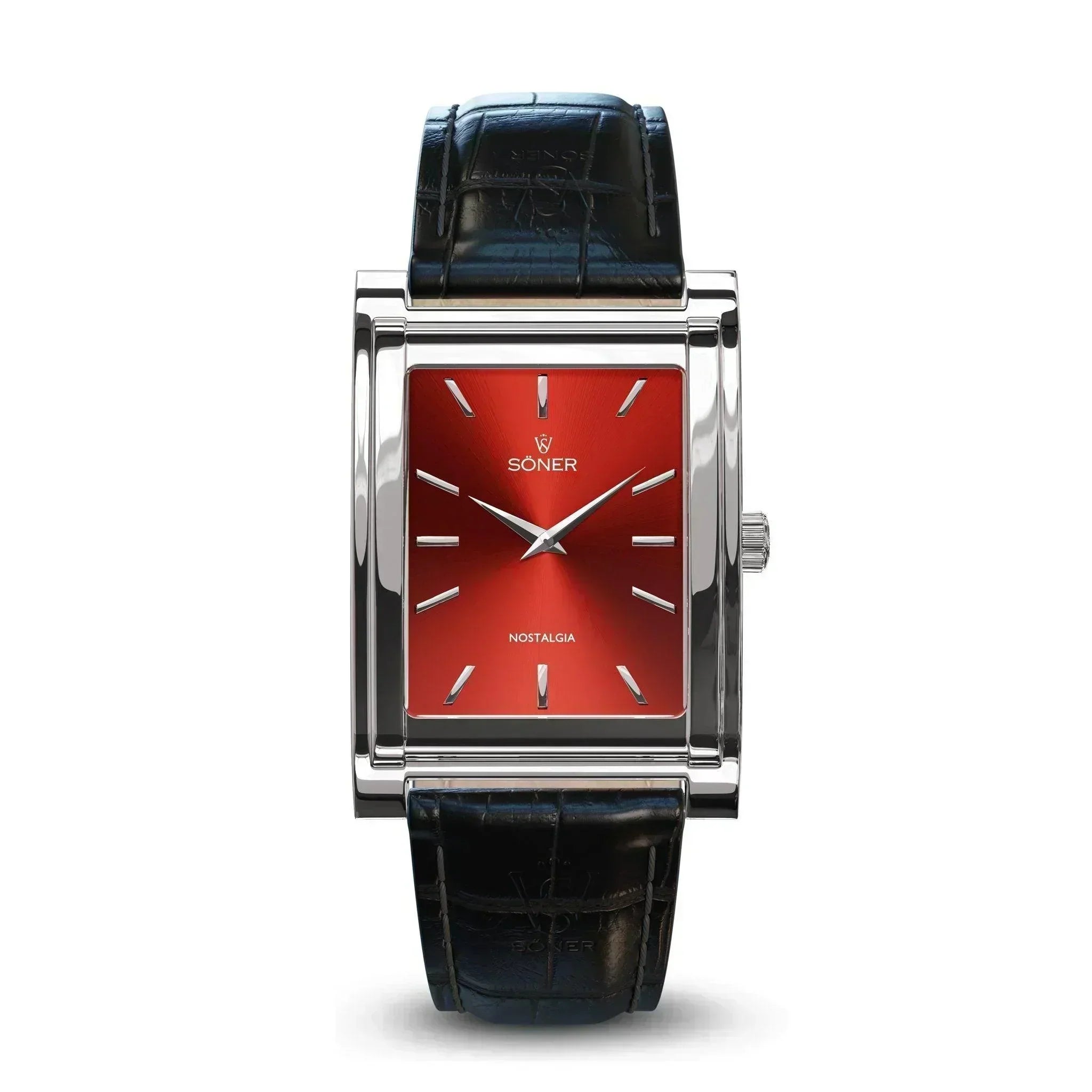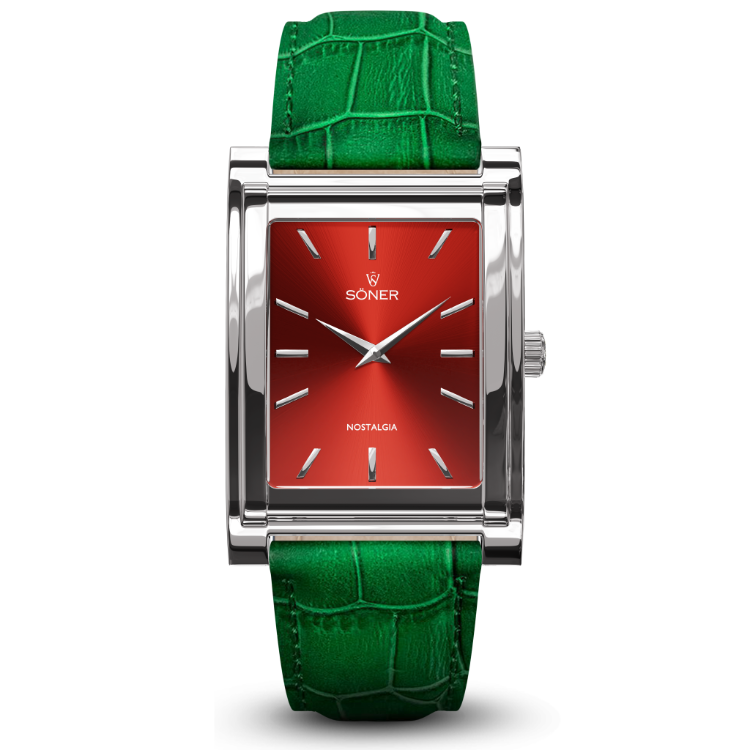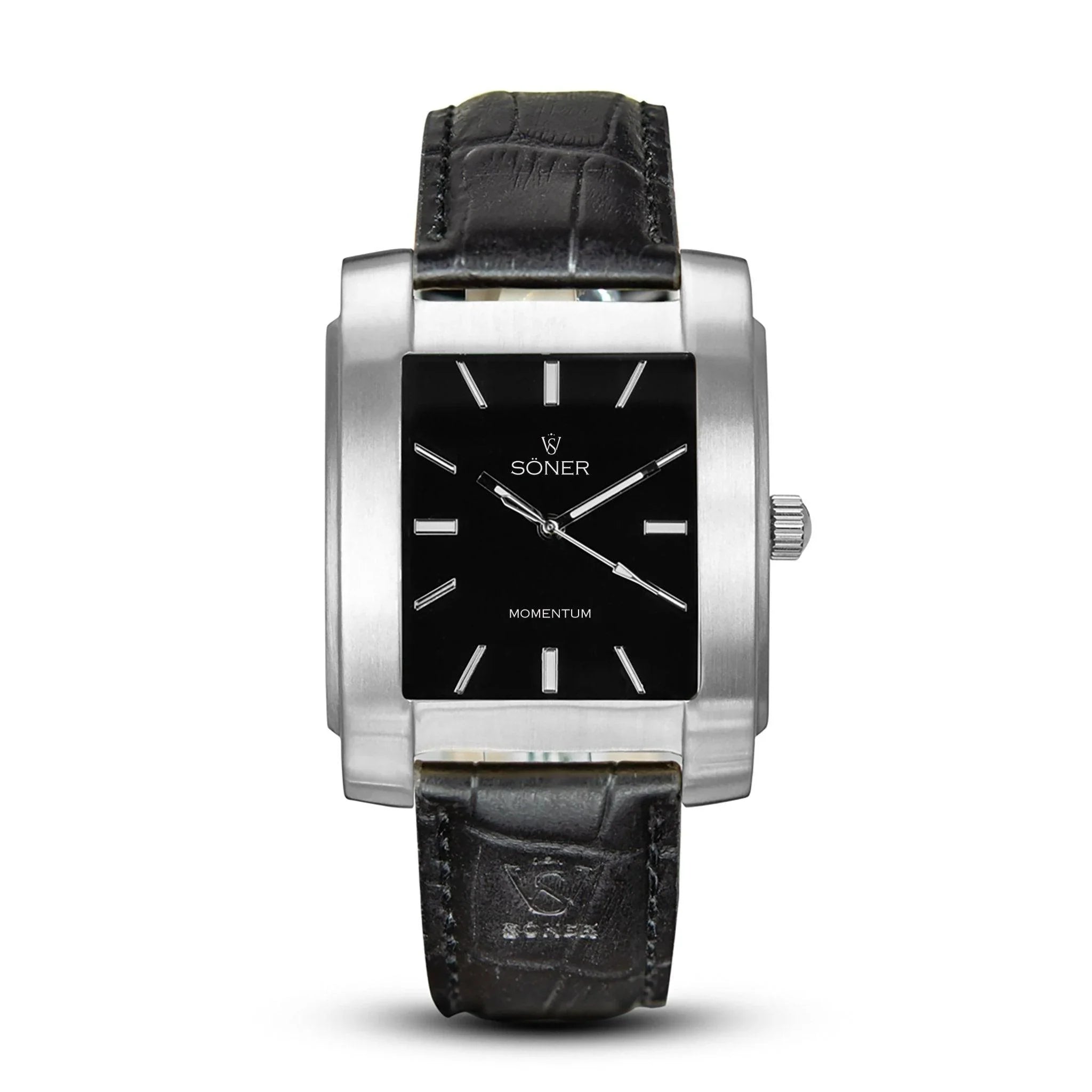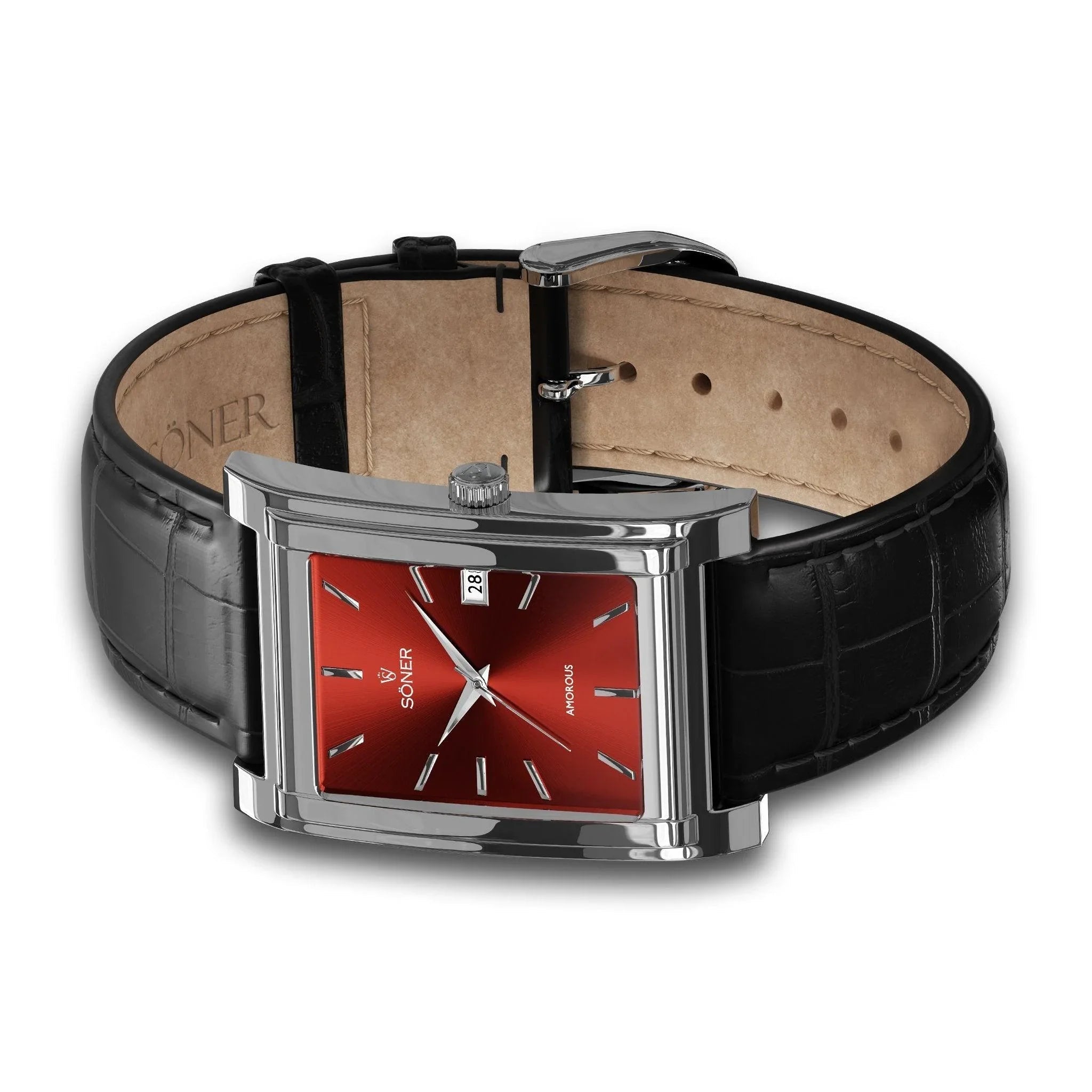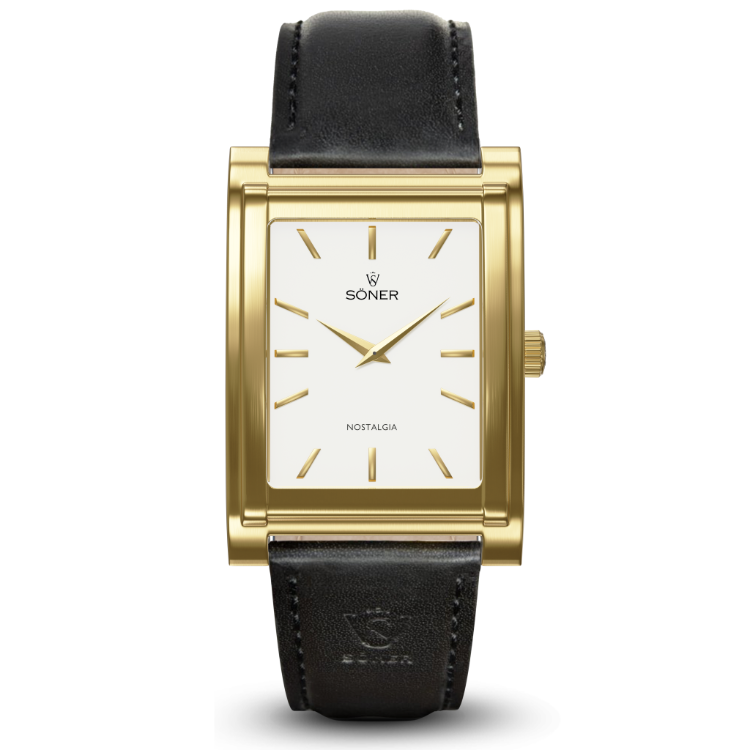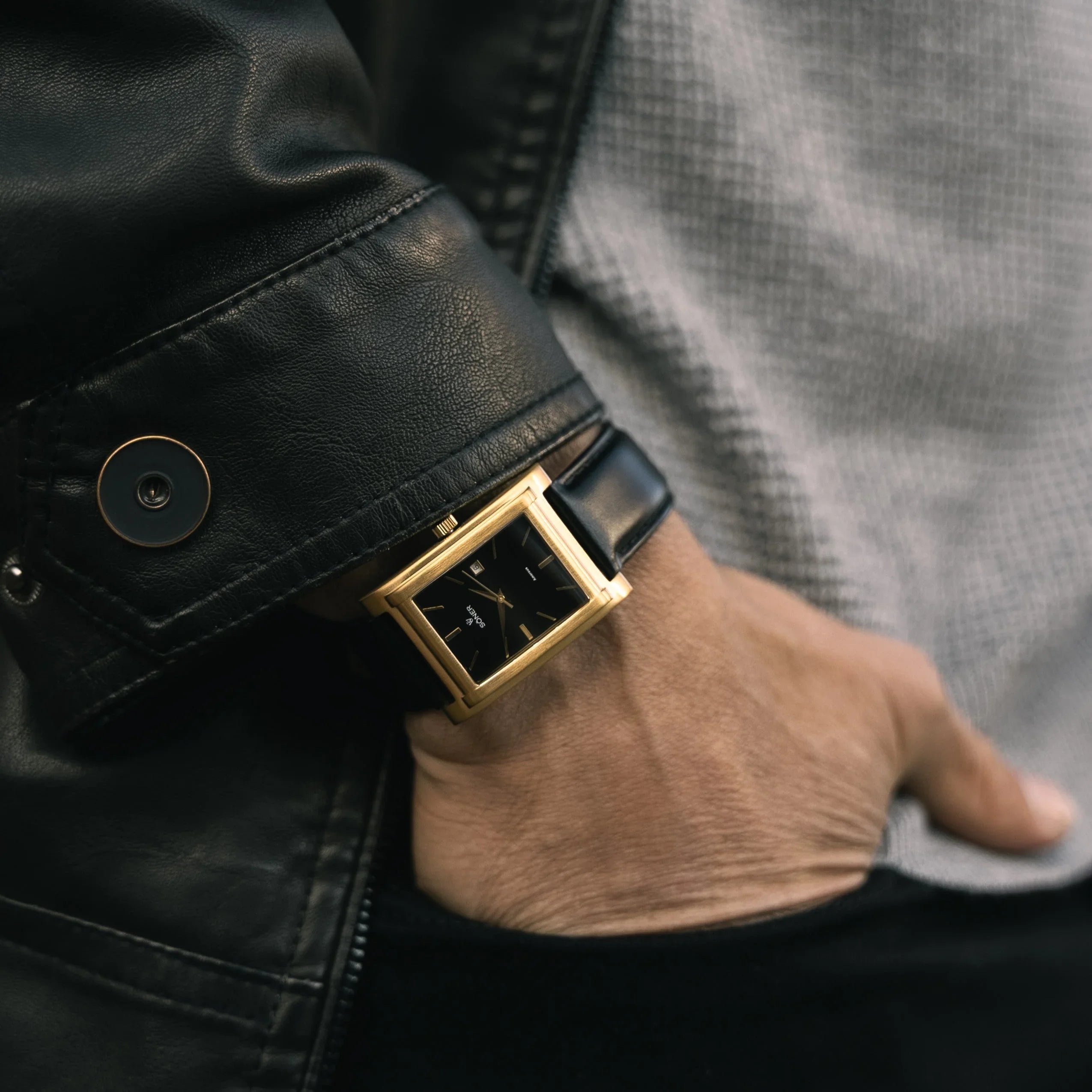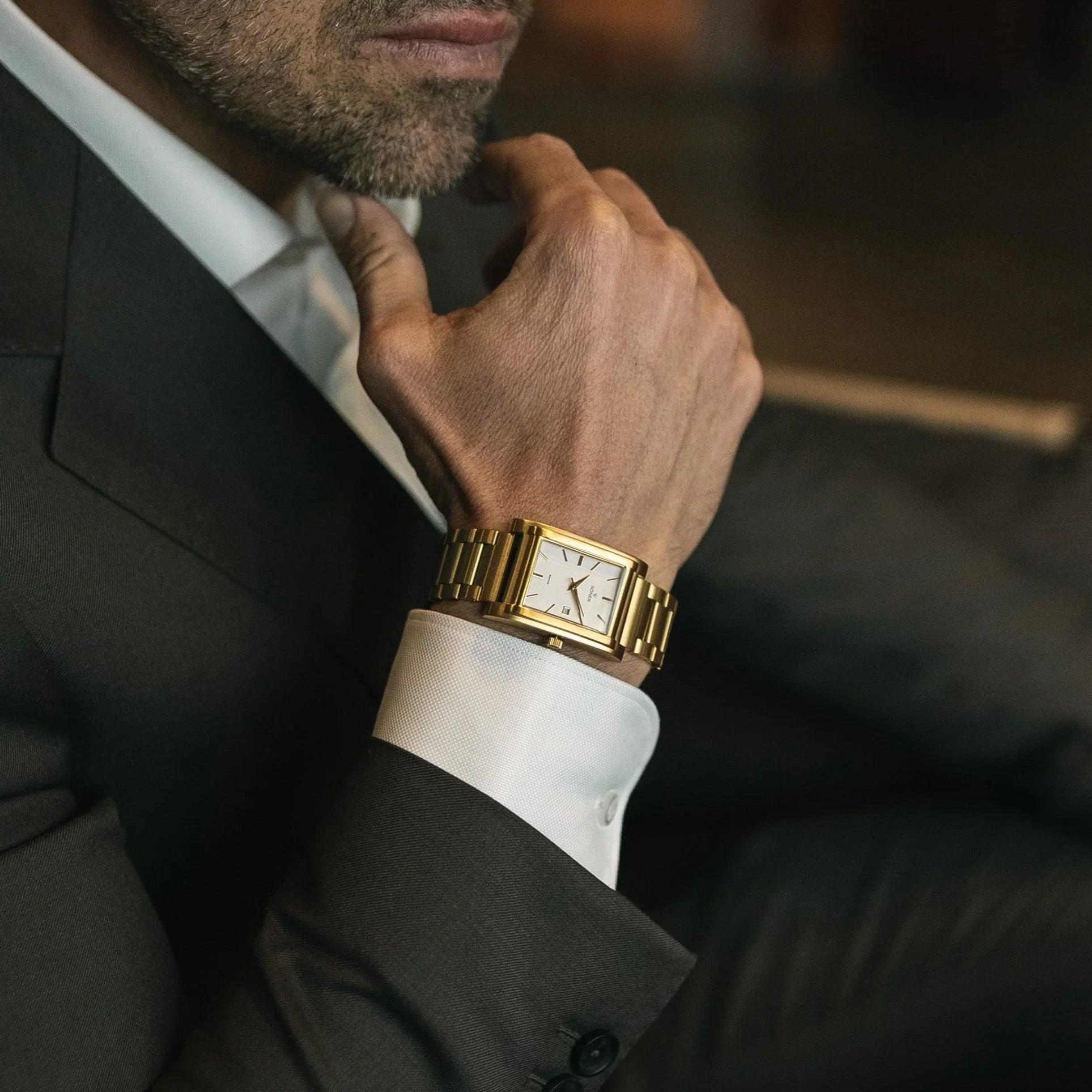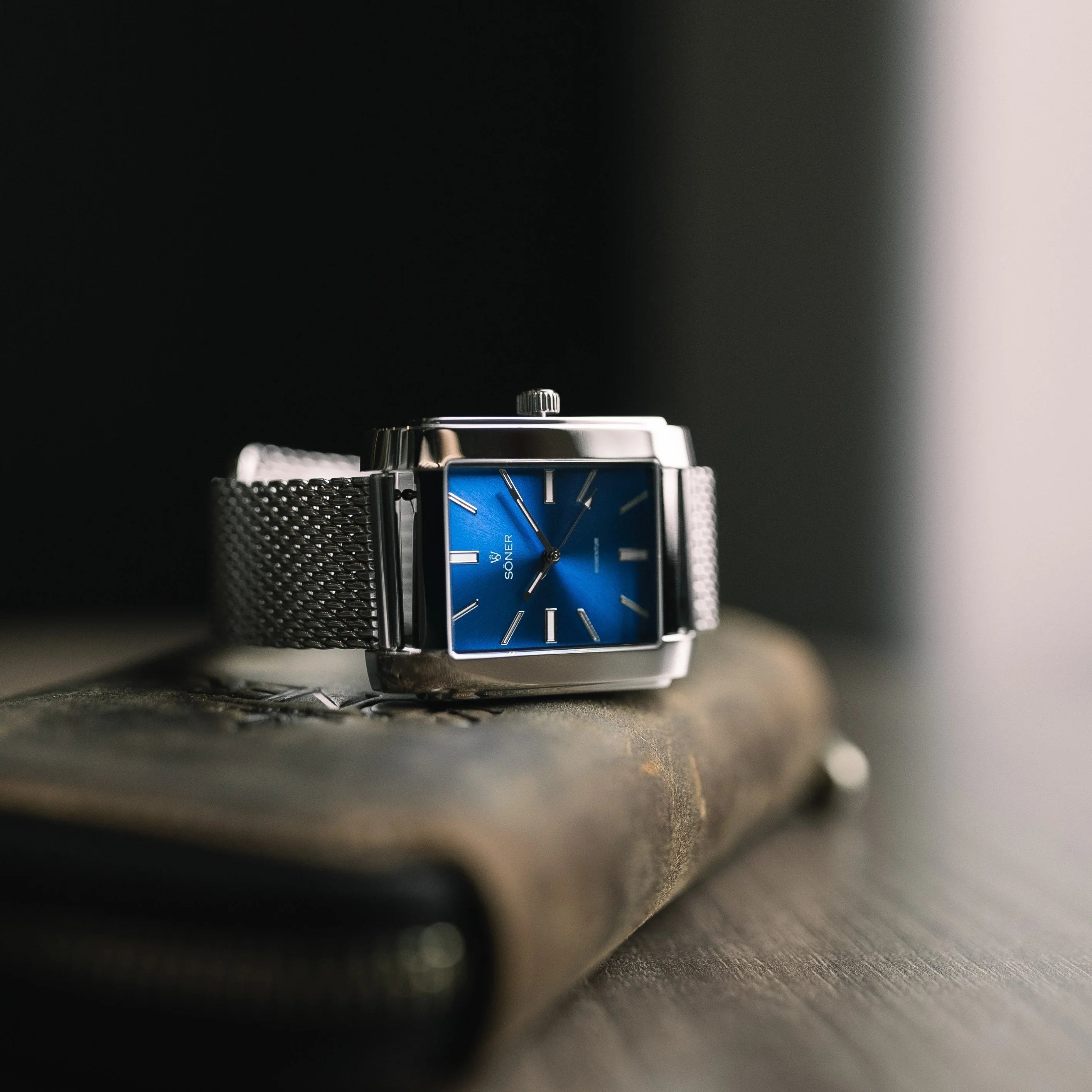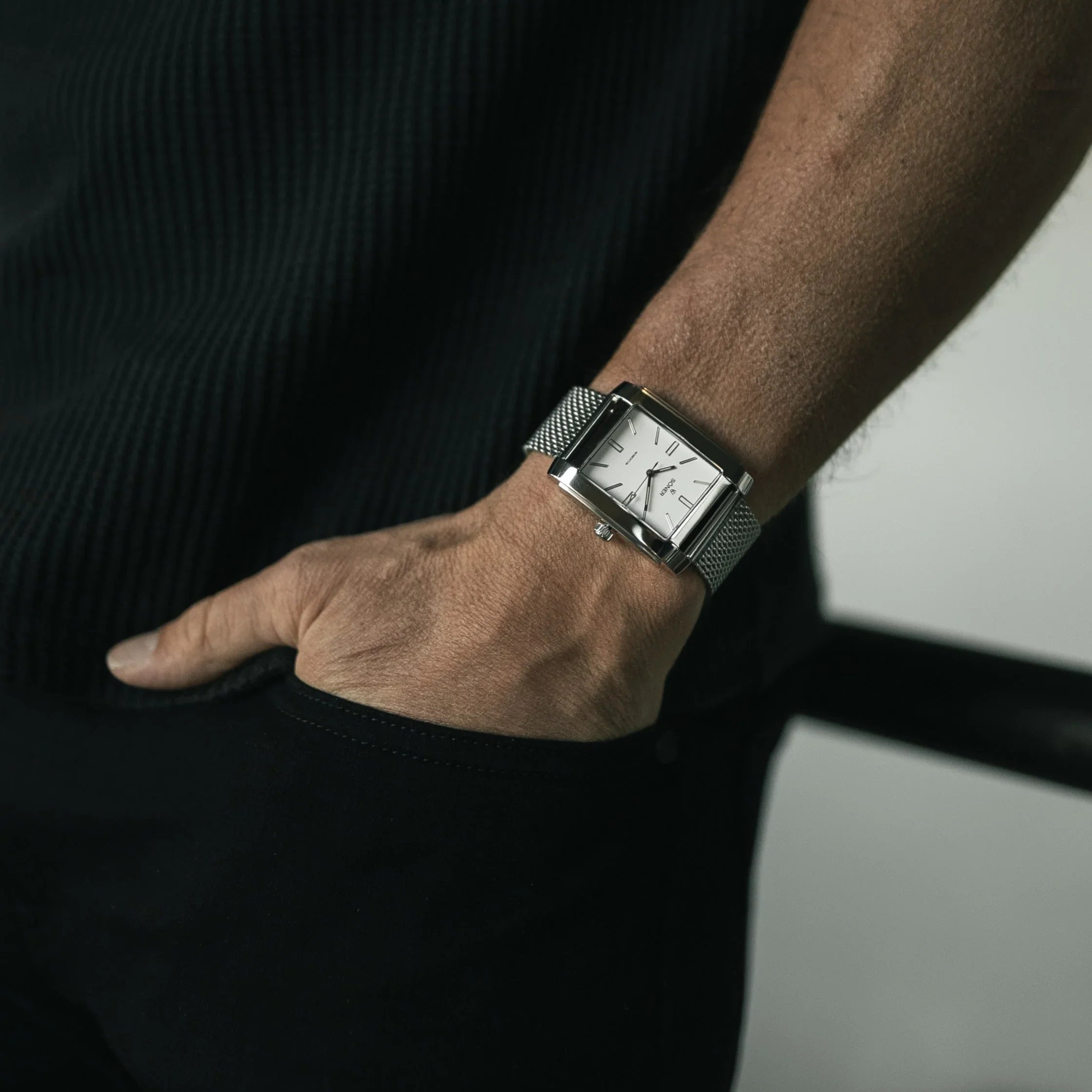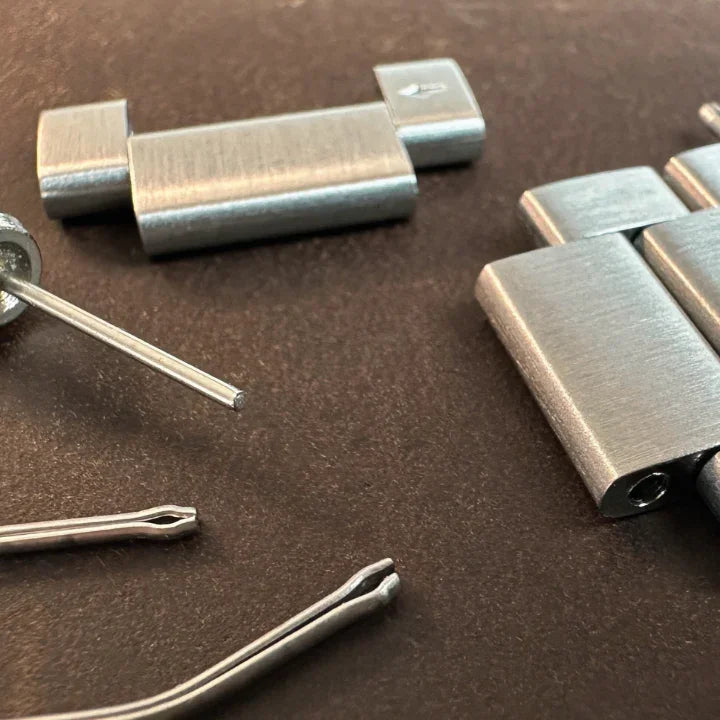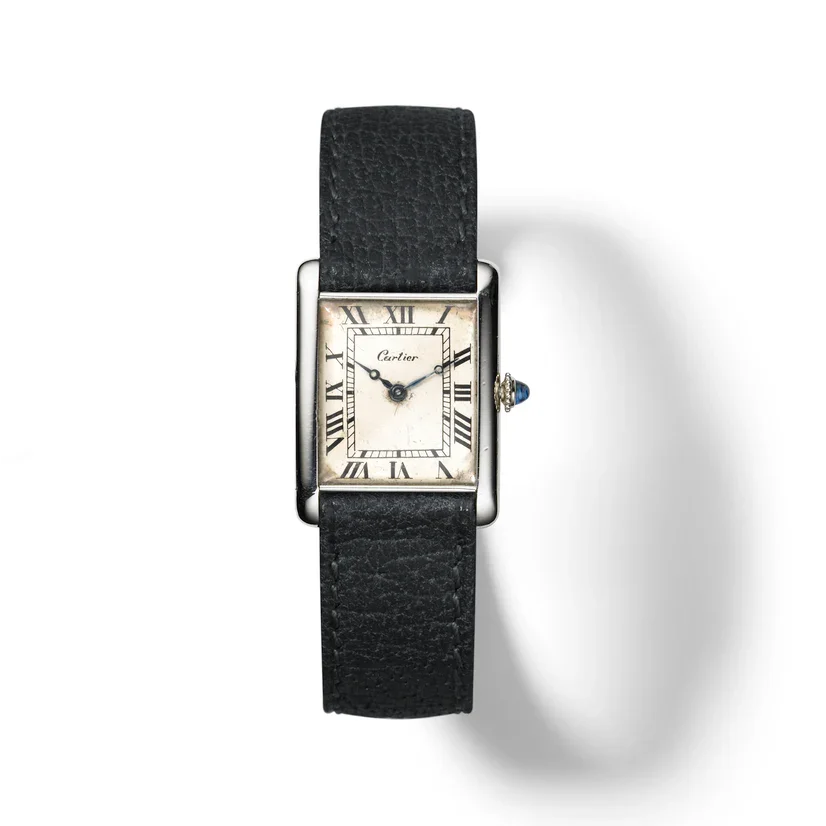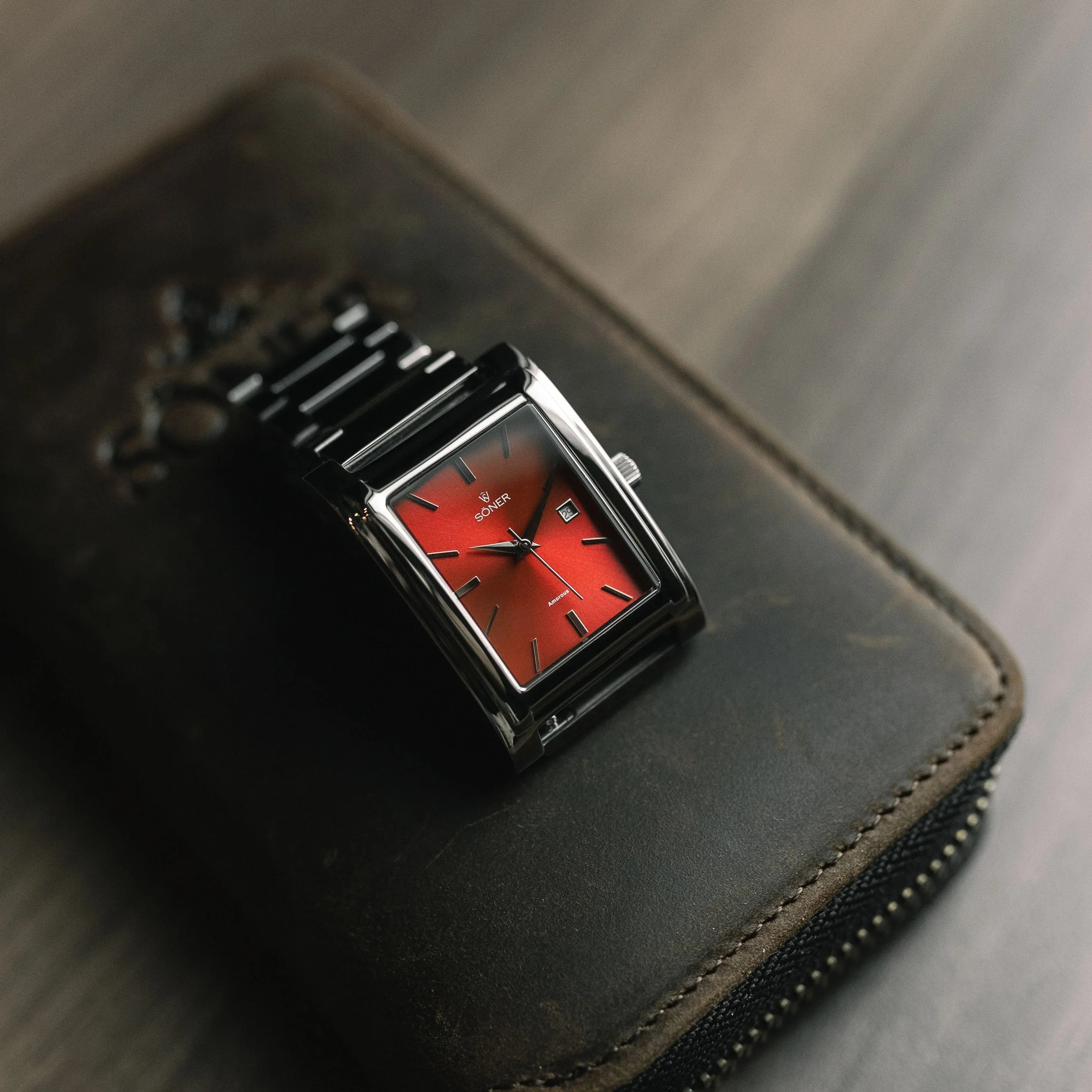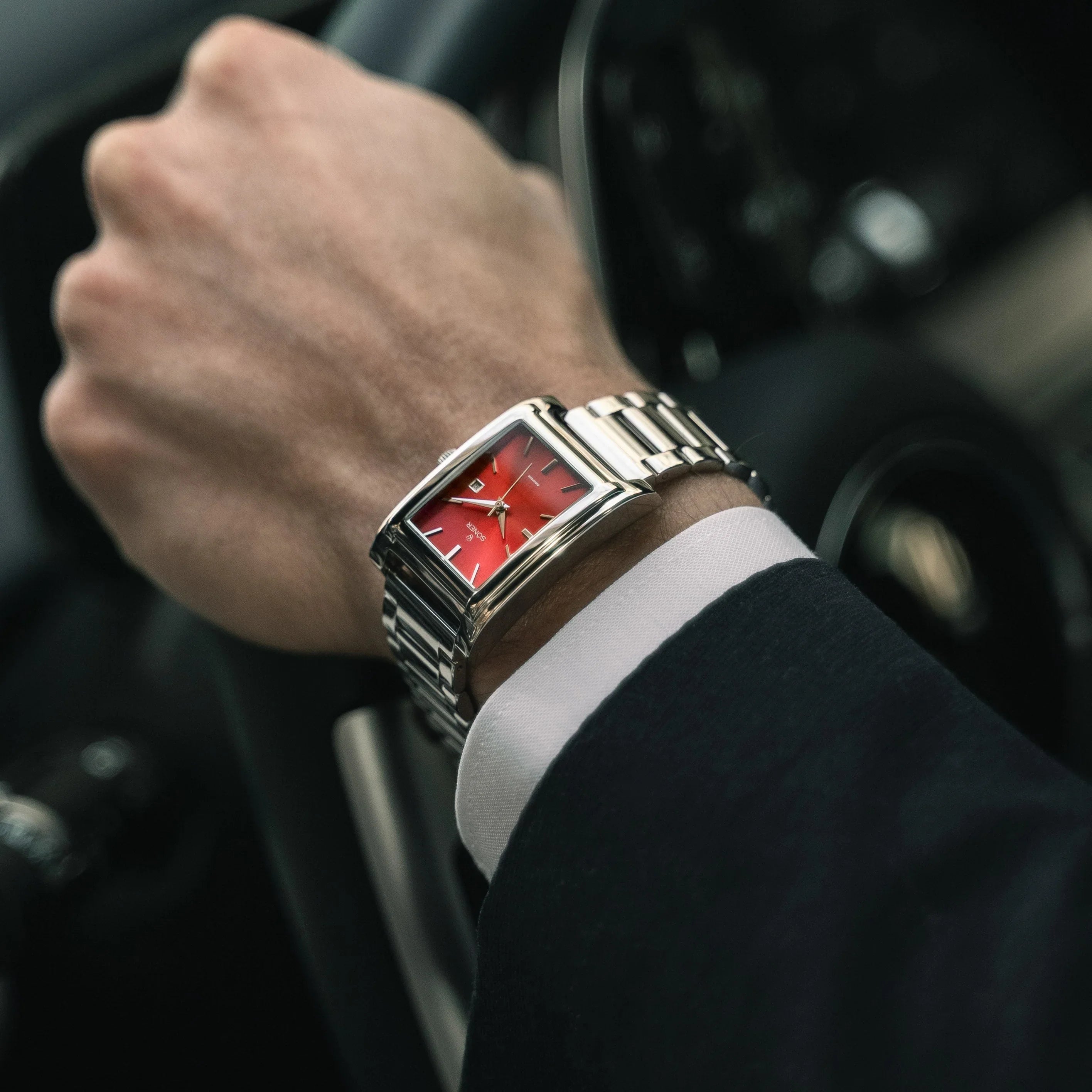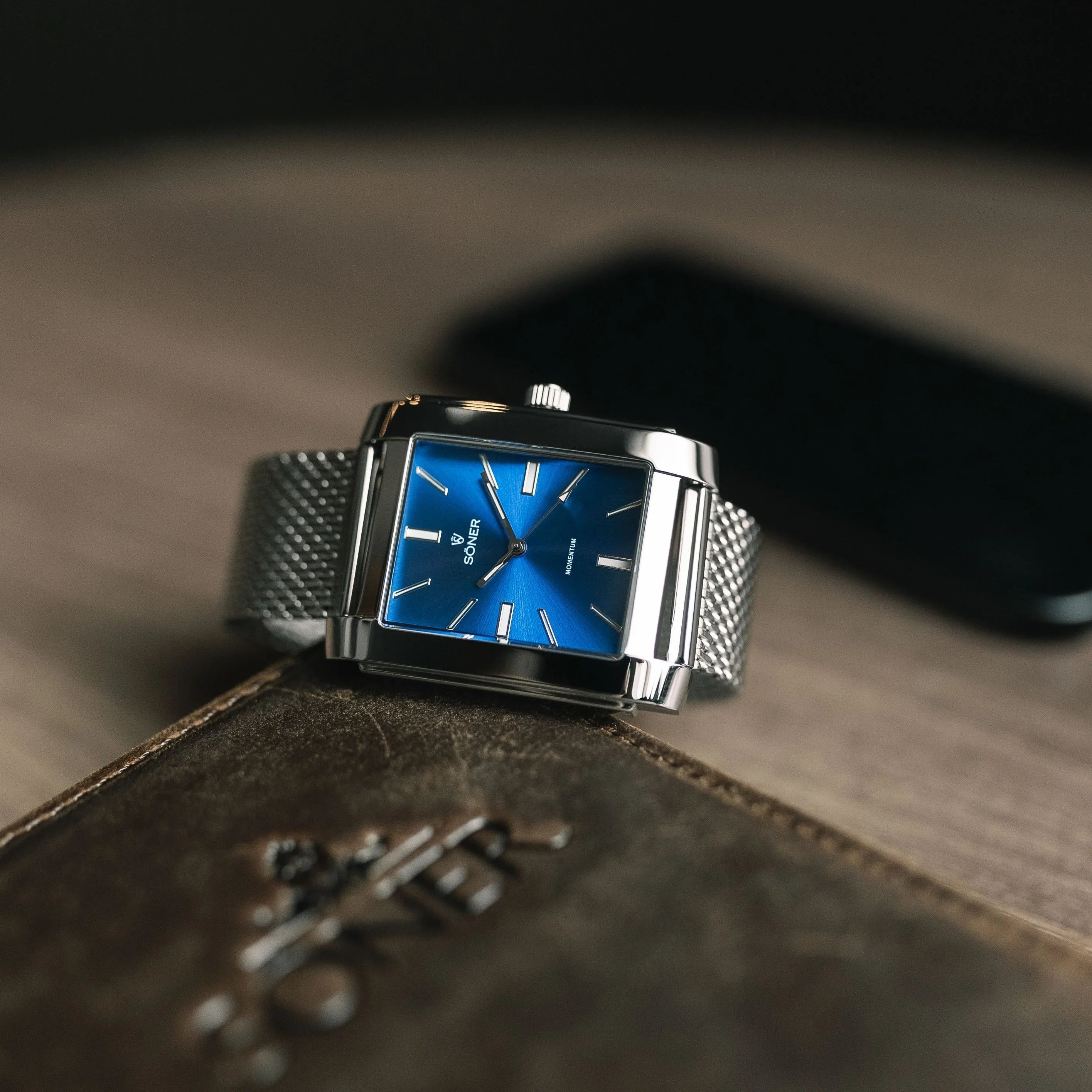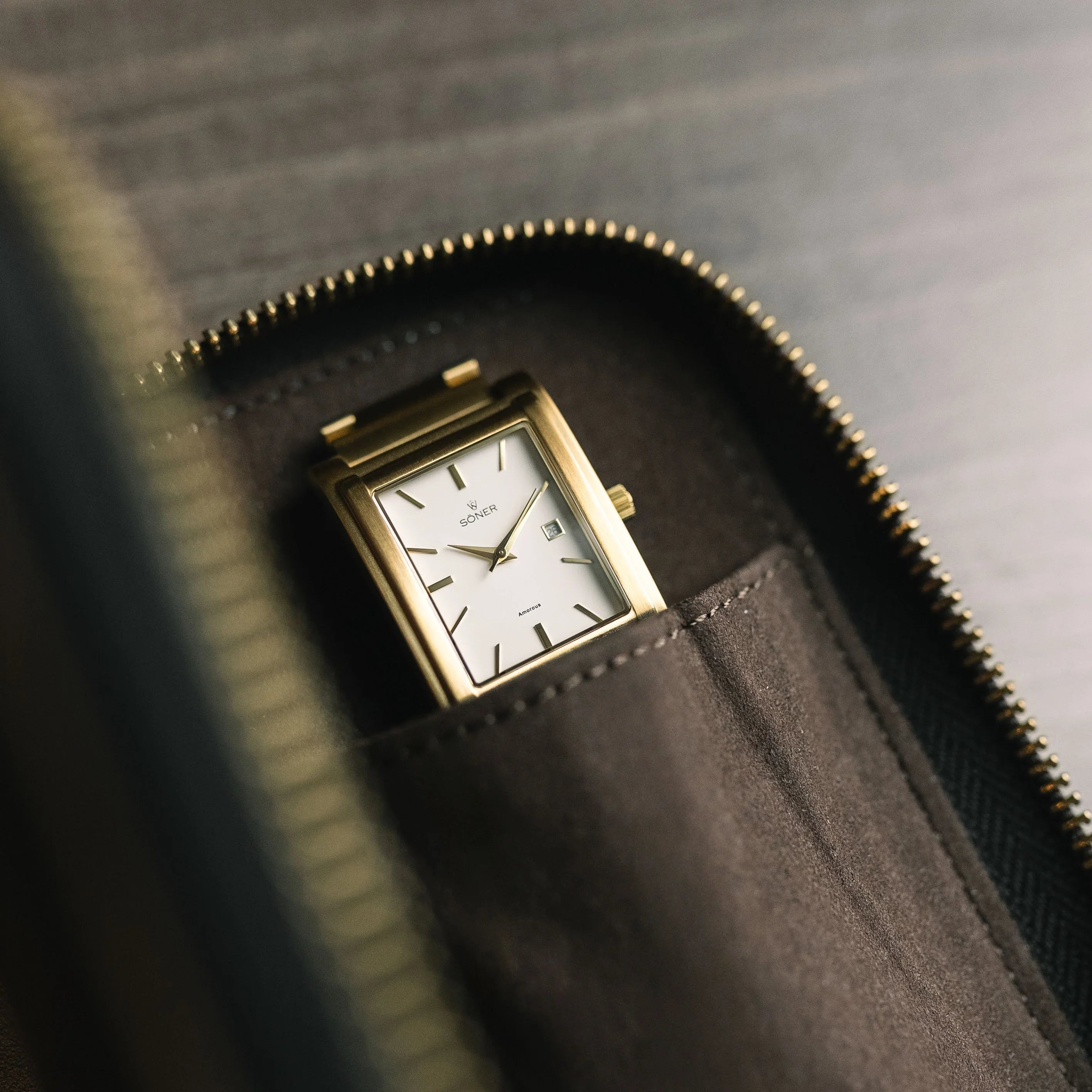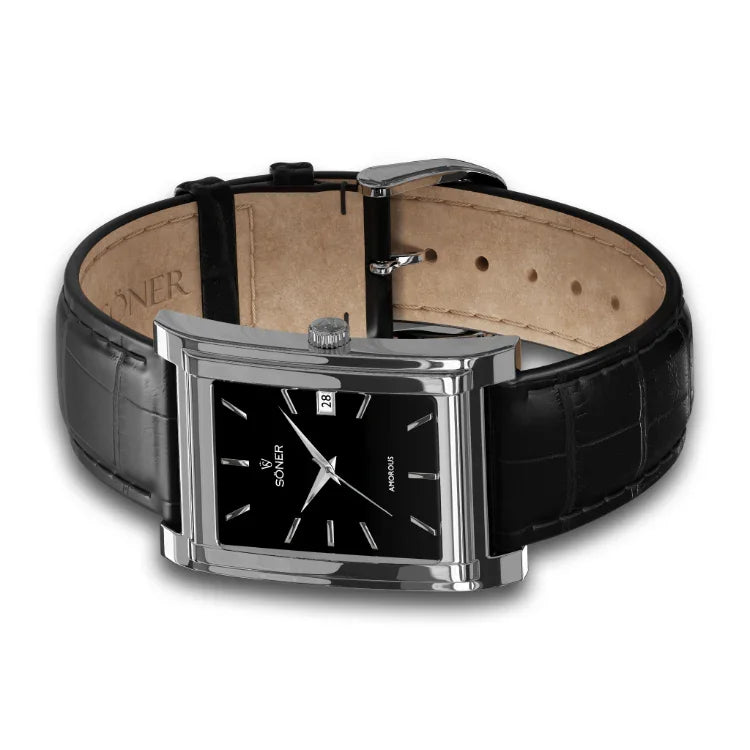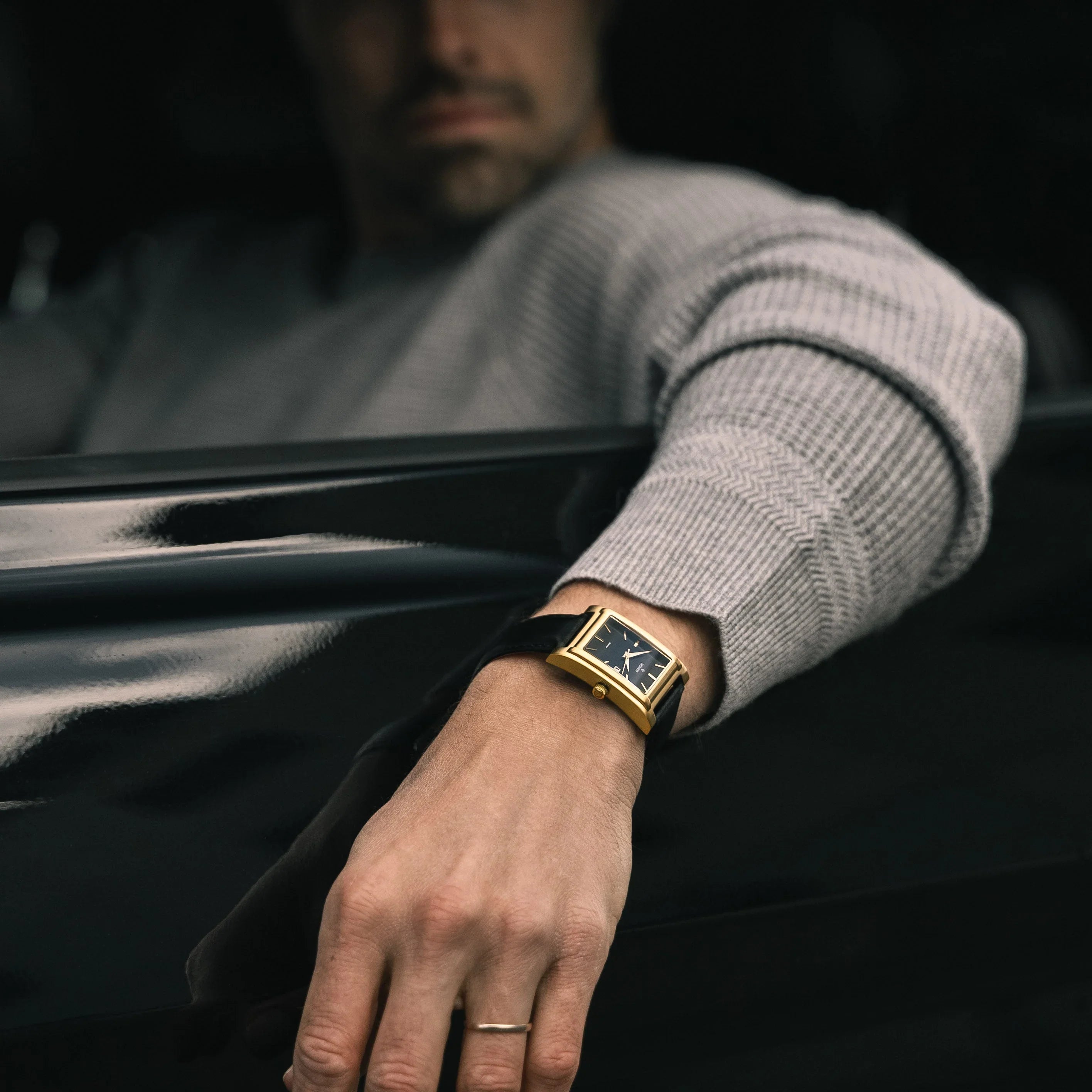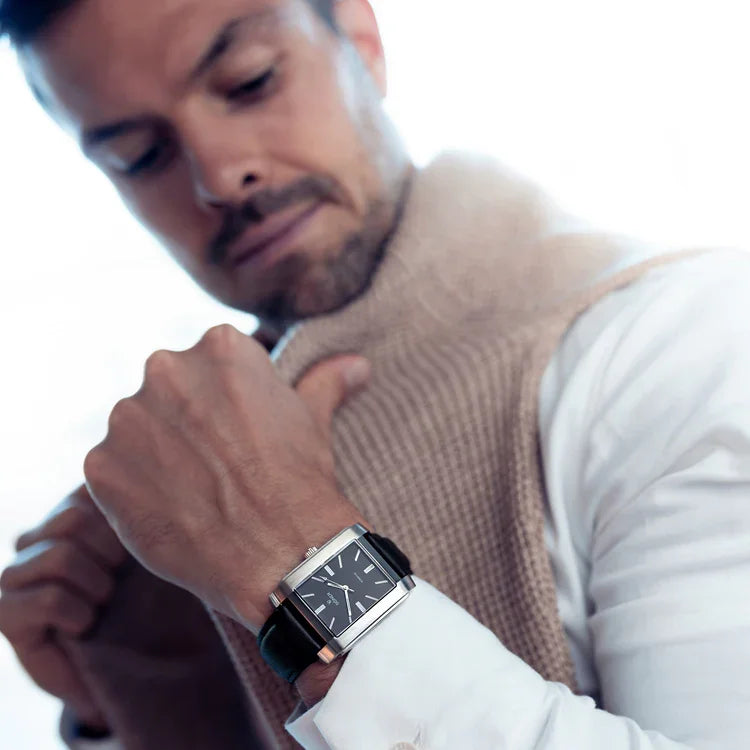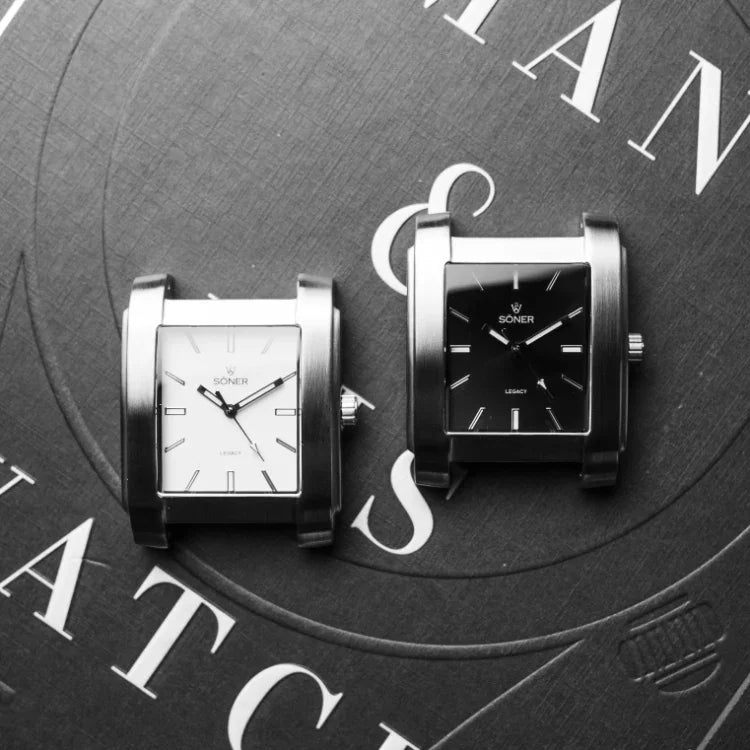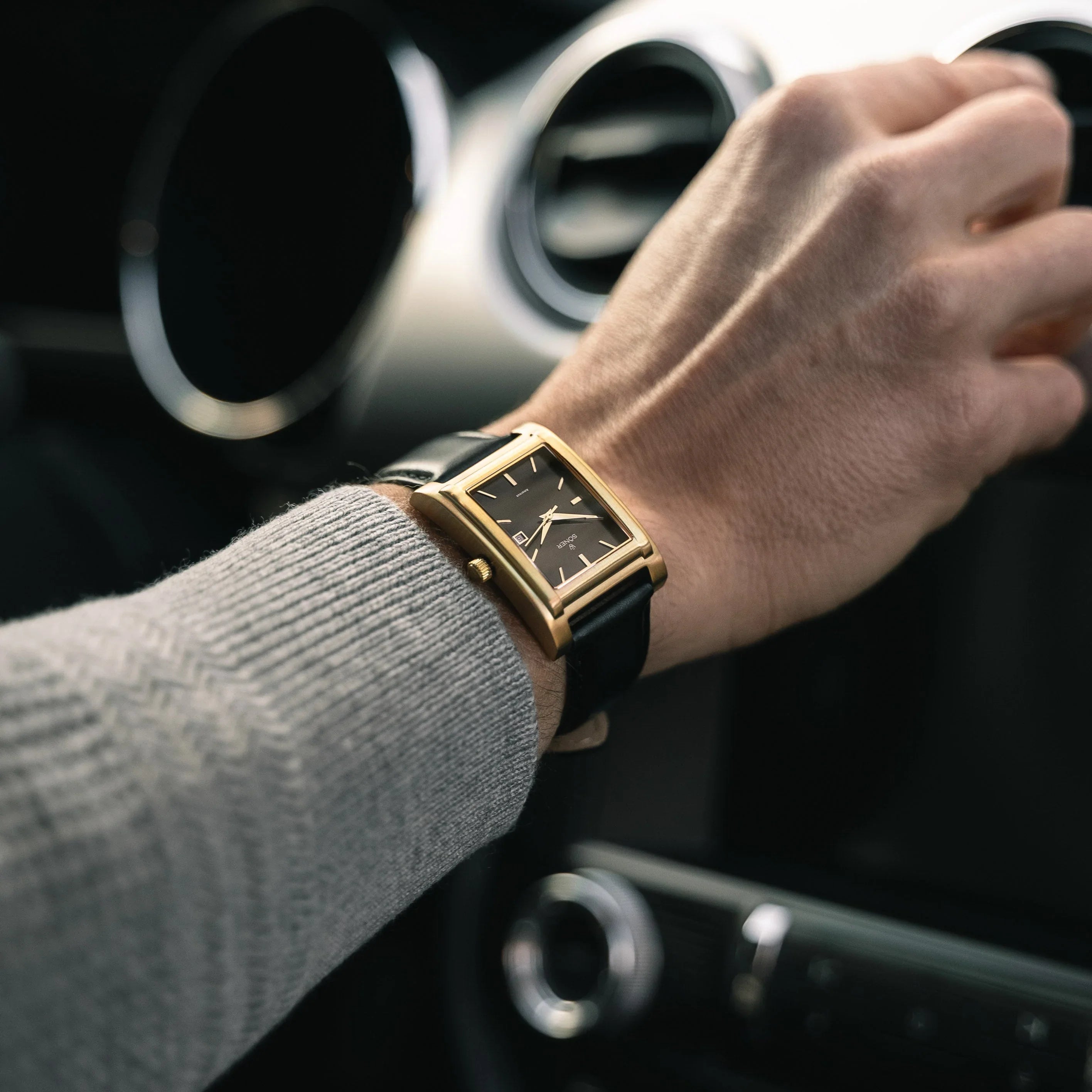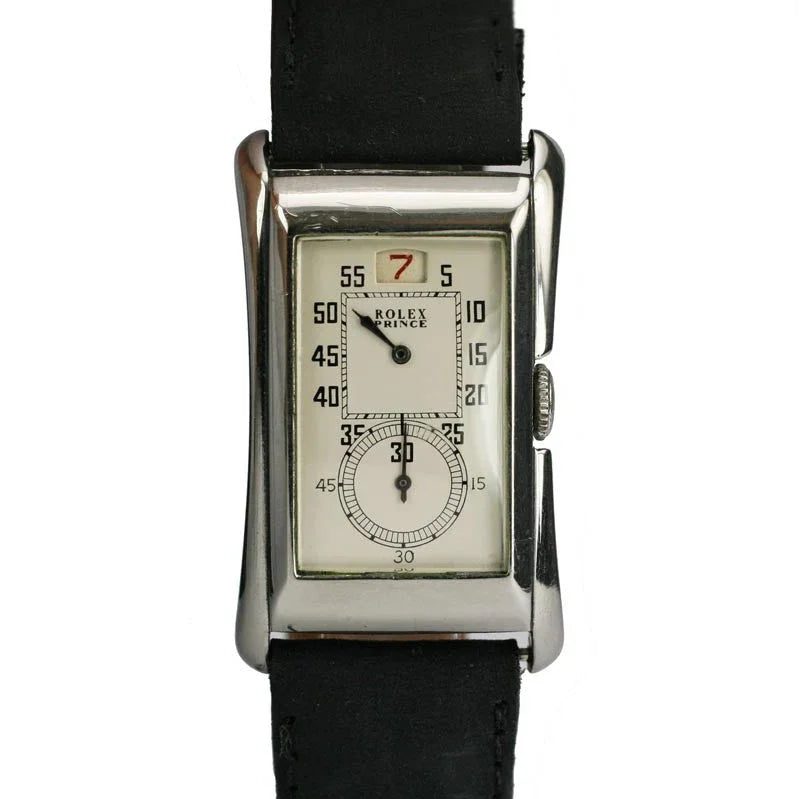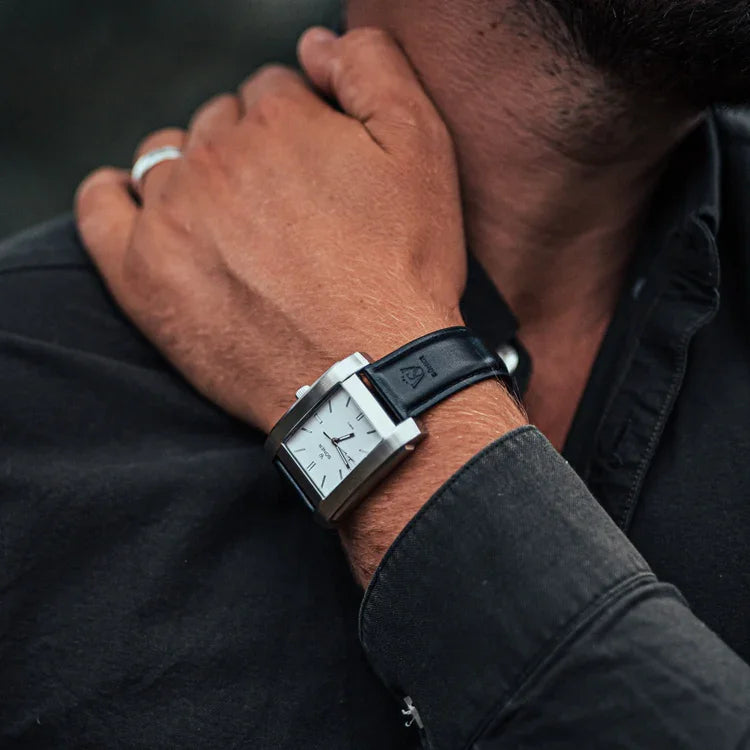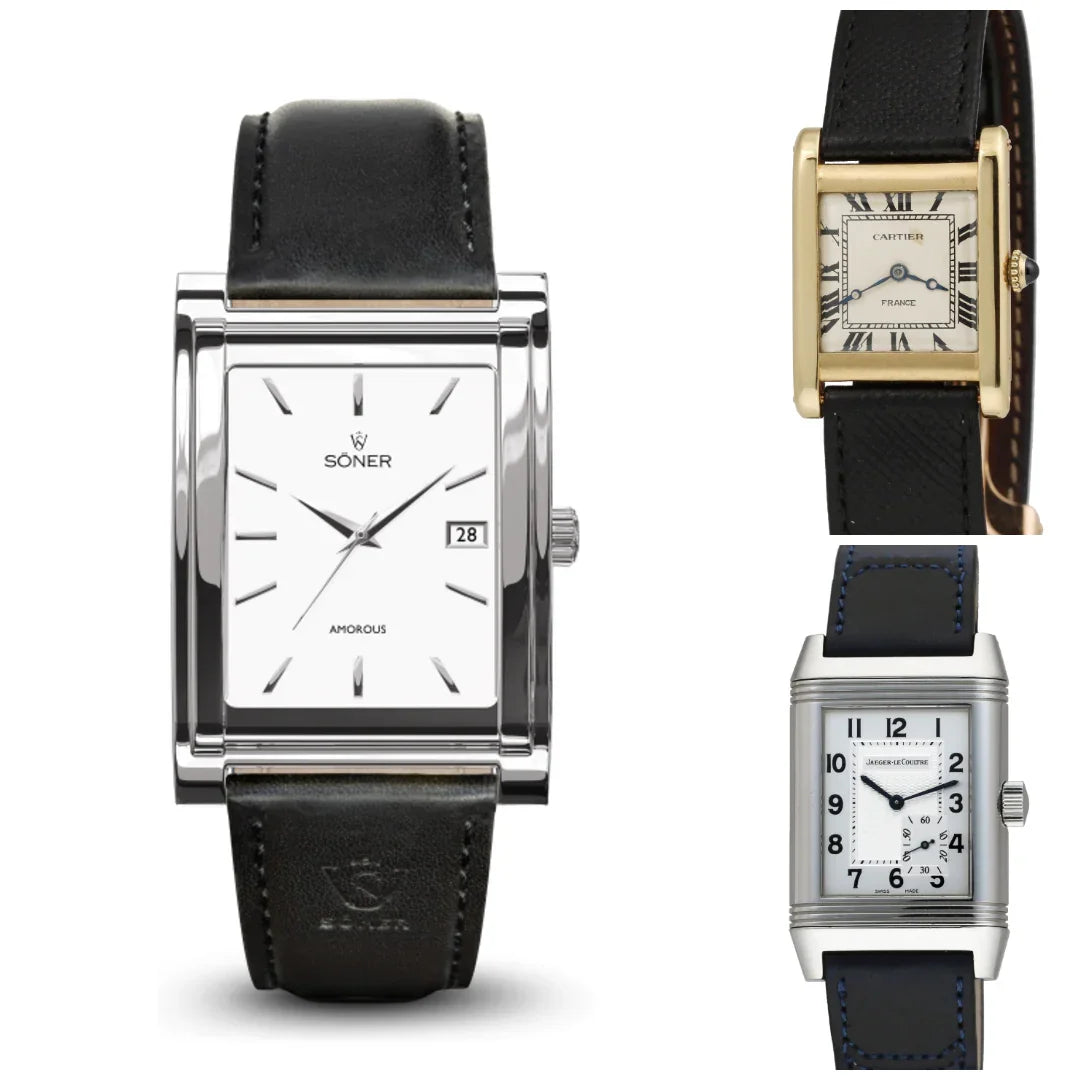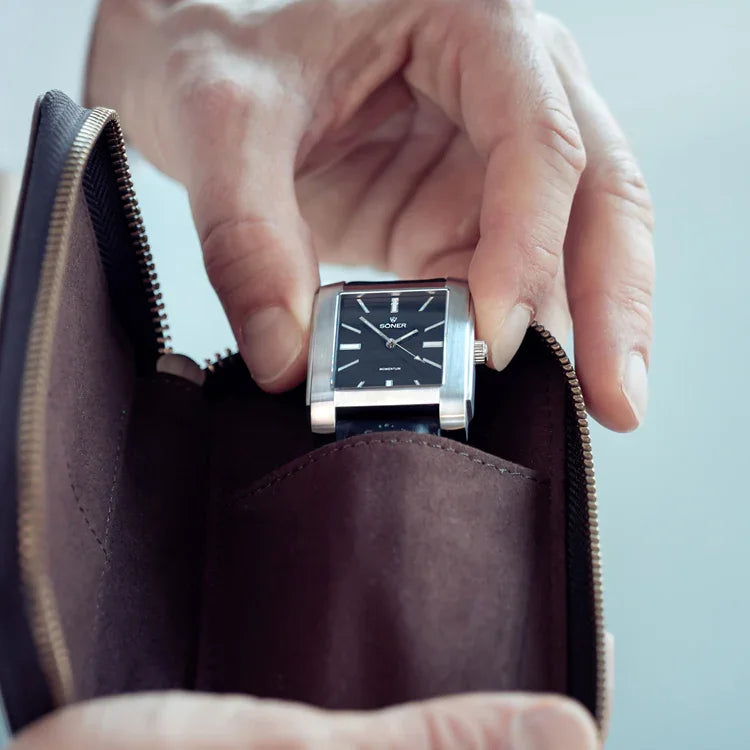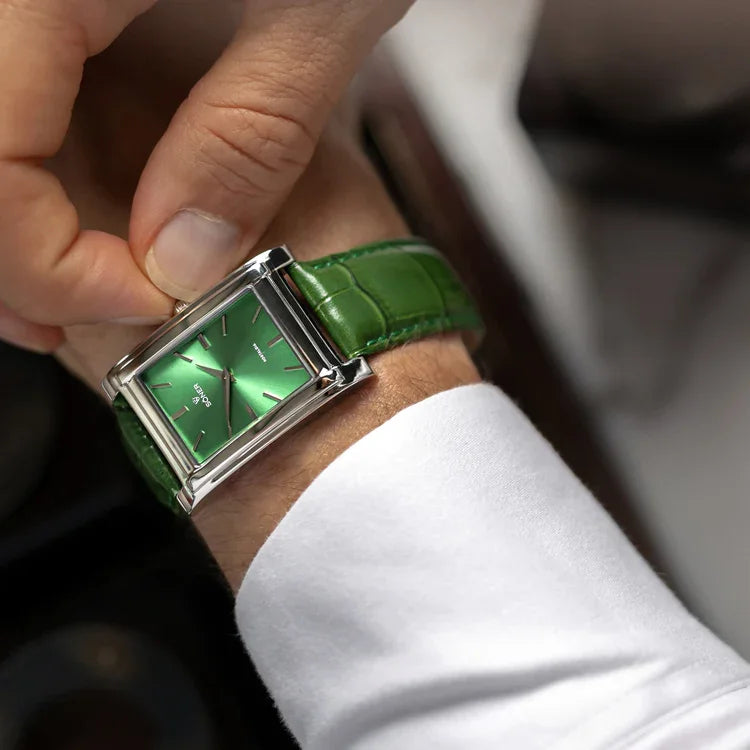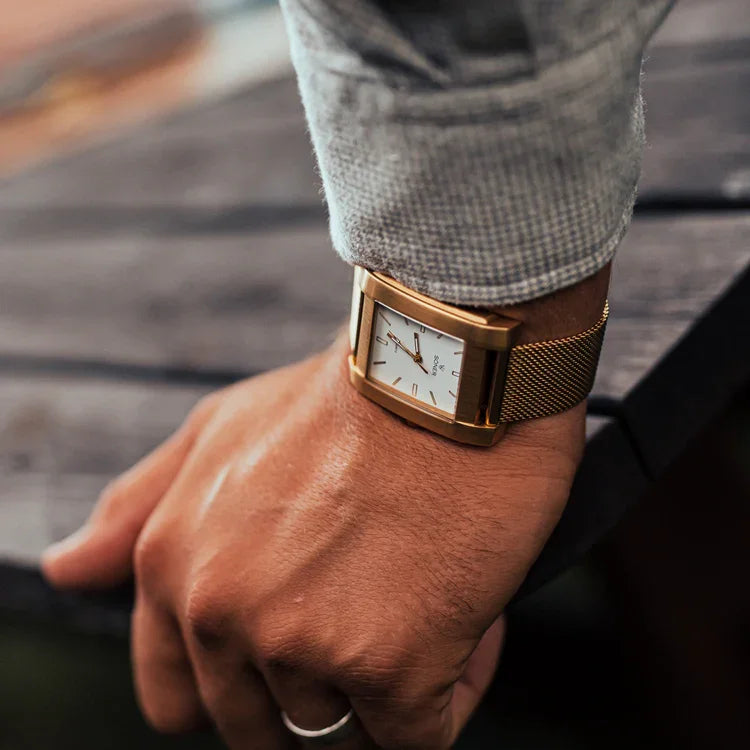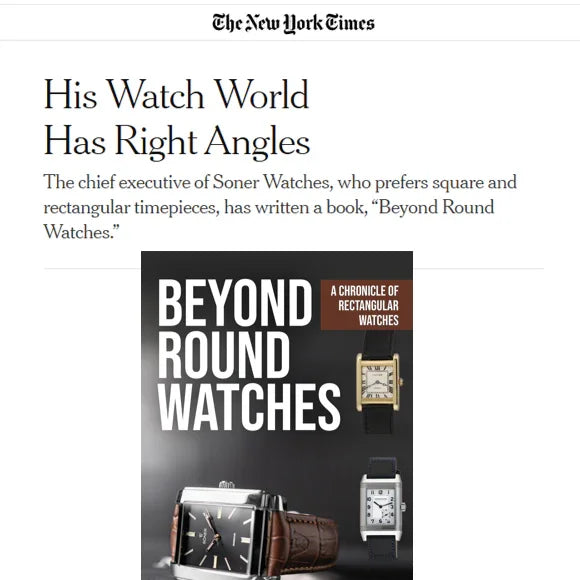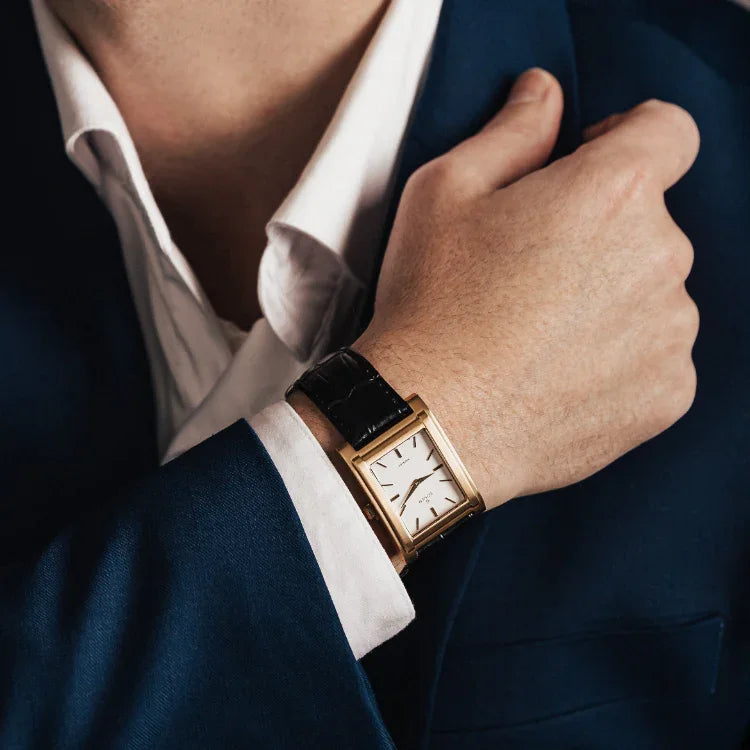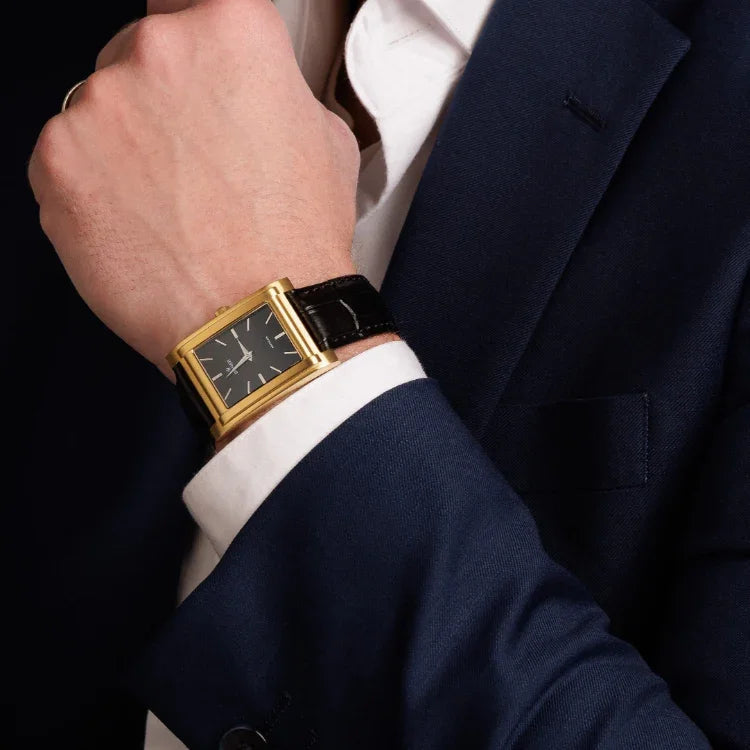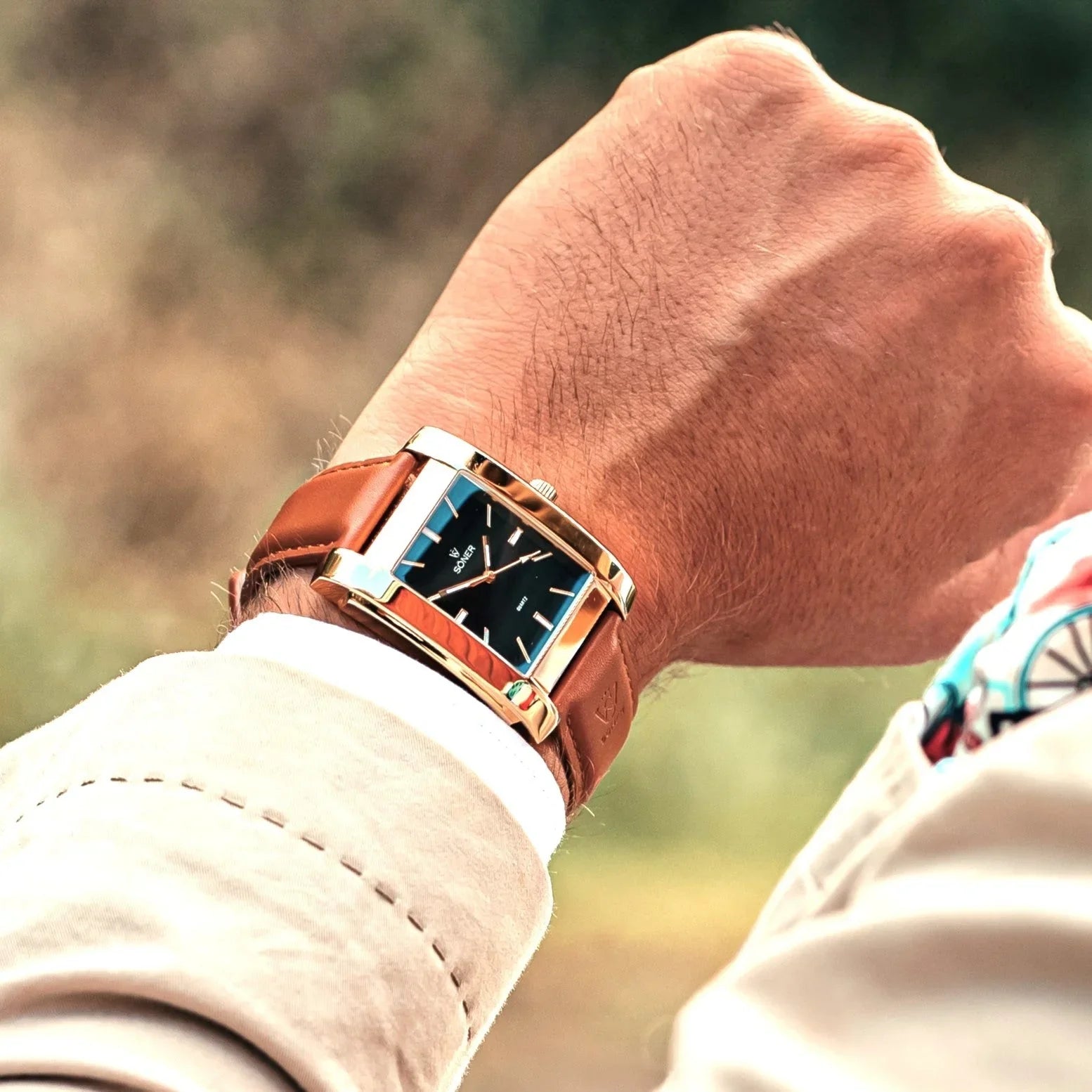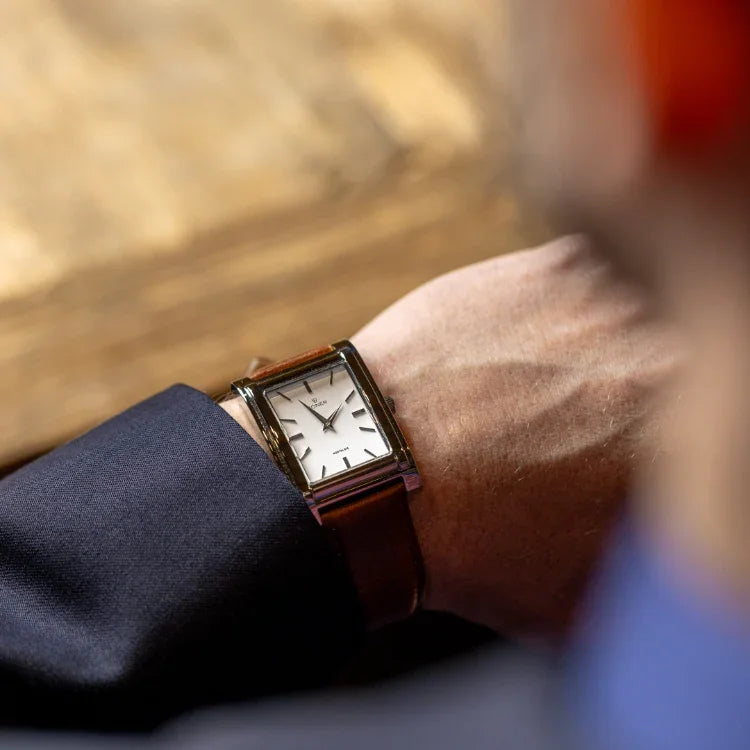Table of Contents
History Watches Men Timepieces
Watches have been a timeless accessory for centuries, evolving from functional tools to status symbols and fashion statements. For men, watches carry a unique blend of history, craftsmanship, and innovation. Understanding the evolution of watches for men gives deeper appreciation for the modern timepieces we wear today.

1. The Dawn of Pocket Watches
The history of men’s watches can be traced back to the 16th century when pocket watches first appeared. Pocket watches were the standard for gentlemen, often worn with a waistcoat and carried on a chain. They represented precision, luxury, and a man’s commitment to punctuality. These were the original watches for men, long before wristwatches came into vogue.
Pocket watches remained popular for centuries, with craftsmen constantly improving their designs and movements. Gold and silver cases, intricate engravings, and mechanical precision became hallmarks of a well-made watch. While pocket watches were status symbols, they also paved the way for future innovations in timekeeping.

2. World War I and the Birth of the Wristwatch
Wristwatches began to gain popularity during World War I. Soldiers needed timepieces that were more practical and accessible than pocket watches, leading to the development of the wristwatch. Early wristwatches were simple and utilitarian, designed primarily for functionality during combat. However, after the war, wristwatches started to gain mainstream appeal, quickly becoming fashionable watches for men.
The transition from pocket to wristwatch marked a significant cultural shift. Men began to view wristwatches not just as functional tools, but as integral accessories that conveyed style and sophistication.
3. The Rise of the Quartz Revolution
In the 1960s, the quartz revolution dramatically changed the landscape of watches for men. Quartz watches, powered by batteries instead of mechanical movements, offered unprecedented accuracy at a fraction of the price of traditional mechanical watches. Swiss watchmakers, who had dominated the industry with their craftsmanship, faced intense competition from more affordable quartz watches.
Brands like Seiko led the quartz revolution, and soon, quartz watches became the go-to option for men seeking reliable, affordable timepieces. However, mechanical watches didn’t disappear. Instead, they became luxury items, sought after by collectors and enthusiasts who valued the art and tradition of watchmaking.

4. The Modern Era: Smartwatches and Beyond
The 21st century has brought yet another shift in the world of watches for men with the rise of smartwatches. These watches are not just timepieces; they are multifunctional devices capable of tracking fitness, displaying notifications, and even making phone calls. For tech-savvy men, smartwatches offer the convenience of modern technology wrapped around their wrists.
Despite the surge in smartwatch popularity, traditional analog watches continue to hold a special place in men's hearts. Brands like Söner Watches keep this tradition alive with their exquisite, rectangular timepieces, offering a unique alternative to the round, mass-produced designs dominating the market.
5. The Timeless Appeal of Mechanical Watches
While technology continues to evolve, mechanical watches remain a symbol of craftsmanship and tradition. Men who wear mechanical watches are often drawn to the intricate movements, the skill required to assemble them, and the sense of heritage they represent.
Mechanical watches for men are more than just timepieces; they are heirlooms passed down through generations. Brands that focus on quality and longevity, like Söner Watches, create timeless pieces that blend modern design with classic mechanics.
6. A Look into the Future of Men's Watches
What does the future hold for watches for men? As technology continues to advance, we can expect to see even more innovation in the watch industry. Hybrid watches that combine traditional analog designs with modern smart features are already emerging, offering the best of both worlds. However, there will always be a place for beautifully crafted mechanical and quartz watches that embody elegance and style.
As the only brand in the world solely dedicated to rectangular analog watches, Söner Watches offers a glimpse into the future of men’s watches. Their dedication to disruptive design and quality craftsmanship ensures that rectangular timepieces will continue to challenge conventional norms and captivate those who seek something truly unique.
Conclusion: From Tradition to Innovation
The evolution of watches for men is a fascinating journey from pocket watches to wristwatches, from quartz to smartwatches. Whether you’re drawn to the tradition of mechanical movements or the cutting-edge features of smart technology, the world of men’s watches offers something for everyone. For those looking to stand out, consider exploring Söner Watches, where timeless craftsmanship meets bold, rectangular designs.

The founder of Söner Watches is a published author on the history and evolution of timepieces, with a focus on rectangular and square designs. His expertise shapes Söner's unique dedication to creating timepieces that blend heritage with innovation.




